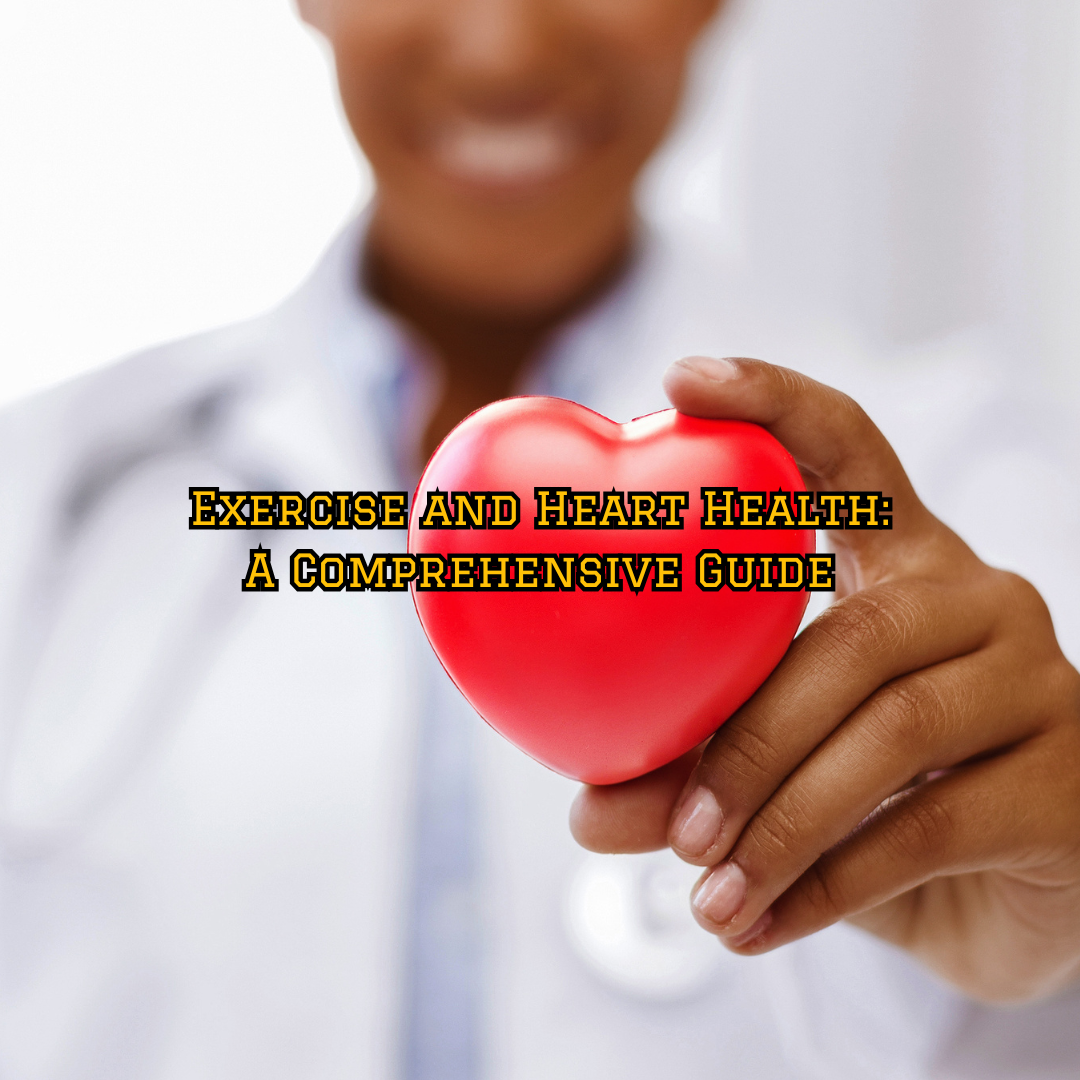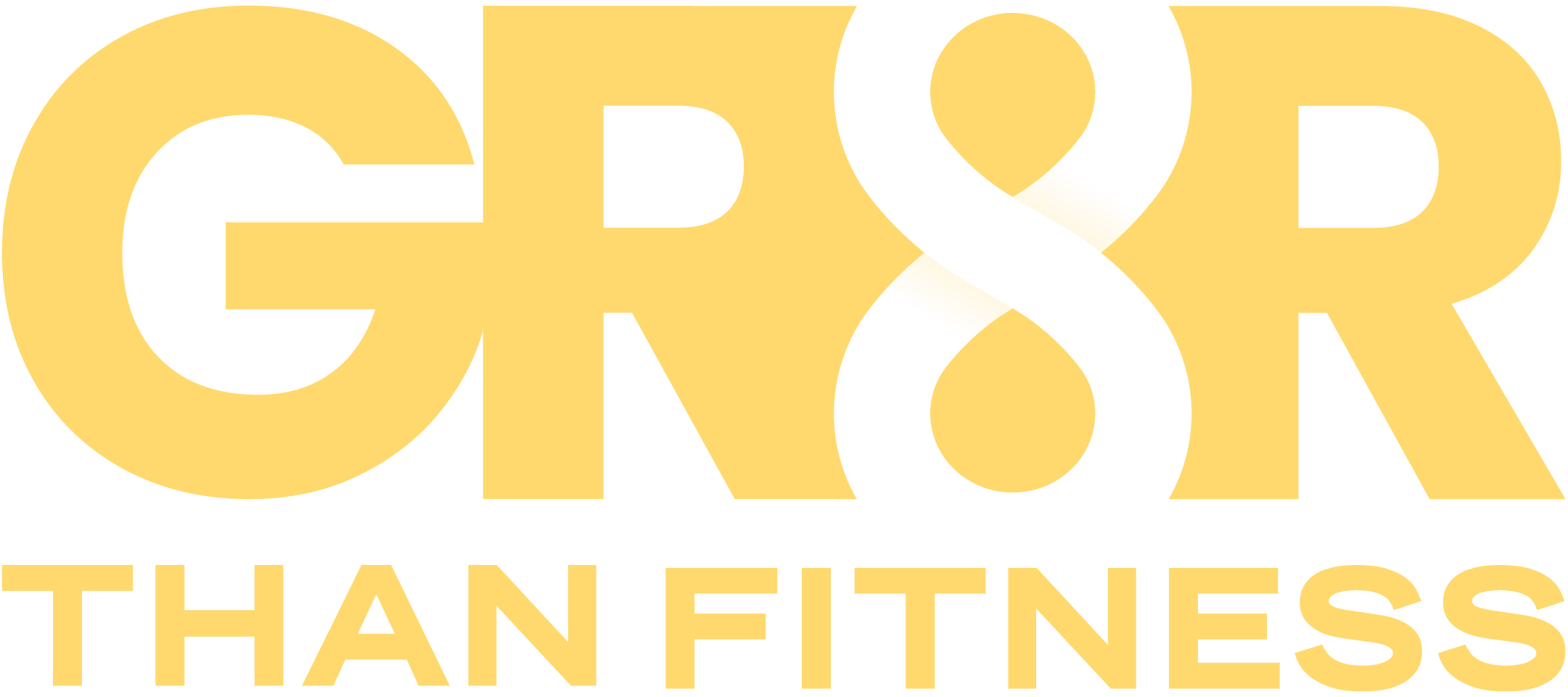Your basket is currently empty!
Exercise and Heart Health: A Comprehensive Guide
GR8R is a call to action. A movement to get people to recognise their worth and overcome the challenges that lie between who they are and who they want to be. Join us in removing the barriers to activity and encouraging anyone to active, anywhere, and anywhen.
·

Engaging in regular exercise is essential for maintaining optimal heart health. A consistent fitness routine can provide numerous cardiovascular benefits, including:
- Decreased Blood Pressure: Regular physical activity helps lower blood pressure, reducing strain on the heart.
- Lower Diabetes Risk: Exercise plays a significant role in preventing type 2 diabetes, a major risk factor for heart disease.
- Healthy Body Weight Maintenance: Staying active helps manage weight, which is crucial for heart health.
- Reduced Inflammation: Regular exercise alleviates inflammation throughout the body, contributing to overall wellness.
The Heart-Healthy Benefits of Exercise
Experts emphasize that exercise is a powerful tool for managing and mitigating various risk factors associated with heart disease. Additionally, individuals who exercise regularly are less likely to engage in harmful habits, such as smoking, which significantly contributes to heart disease.
Key Benefits of Exercise:
- Improved Oxygen Utilization: Exercise enhances the muscles’ ability to extract oxygen from the bloodstream, easing the heart’s workload.
- Stress Hormone Reduction: Physical activity lowers stress hormones, which can negatively impact heart health.
- Beta Blocker Effect: Exercise can mimic the effects of beta blockers, slowing heart rate and reducing blood pressure.
- Increased HDL Levels: Regular activity boosts high-density lipoprotein (HDL) levels and helps regulate triglycerides.
Studies confirm that individuals who engage in regular exercise are at a lower risk of sudden heart attacks and other serious cardiac events.
Combining Exercise with a Nutritious Diet
Exercise offers intrinsic benefits. However, the most effective strategy to prevent heart disease is to pair physical activity with a balanced diet. While exercise alone supports long-term weight management. A combination of reduced caloric intake and increased activity levels maximizes health benefits.
Optimal Exercise for Heart Health
For the best results, focus on exercises that positively impact both heart and musculoskeletal health. The American Heart Association and the American College of Sports Medicine recommend a combination of aerobic exercises (such as jogging, swimming, and biking) and resistance training (like moderate weightlifting) for effective heart disease prevention and management.
Exercise During Pregnancy
If you have a healthy pregnancy and exercised regularly beforehand, maintain a moderate routine, such as walking or swimming, to reap cardiovascular benefits. If you’re new to exercise, start with gentler activities, and always consult your physician for tailored advice.
Recommended Exercise Frequency and Duration
Aim for a balanced exercise regimen that includes aerobic activity and resistance training. General guidelines suggest:
- Aerobic Activity: At least 30 minutes of moderate aerobic exercise (walking, cycling, or swimming) five days a week.
- Resistance Training: Moderate weightlifting twice a week, targeting major muscle groups.
Tracking Your Progress
Monitoring your exercise progress helps keep you motivated. Effective methods include:
- Target Heart Rate Monitoring: As your fitness improves, you’ll need to exert more effort to achieve the same heart rate.
- Repetitions: Increasing weight for 12-15 repetitions indicates muscle strength improvement.
- Body Composition Changes: Regular exercise leads to fat loss and muscle gain, noticeable in looser clothing.
Recognising Overexertion
Establishing a target heart rate with a qualified trainer ensures your workouts remain effective. Key points to remember:
- Maintain Target Heart Rate: Indicates proper exercise intensity.
- Exceeding Target: May signify overexertion.
- Falling Below Target: Suggests insufficient effort for maximum cardiovascular benefits.
Signs of overexertion include prolonged fatigue and soreness, which may indicate muscle overuse or injury.
Staying Committed to Your Exercise Routine
To successfully maintain an exercise routine, consider these strategies:
- Set a Schedule: Allocate specific times each day for exercise.
- Workout with Others: Exercising with friends or in groups fosters support and motivation.
- Track Your Progress: Keep a log of your achievements.
- Utilize Technology: Use spreadsheets or online tools to monitor data. Consider a heart rate meter or speedometer for jogging or cycling to set and achieve goals.
Fine-Tuning Your Cardiovascular Health
Researchers have found that individuals who engage in regular exercise demonstrate significant improvements over three to six months, including increased oxygen consumption, longer treadmill durations, and reductions in heart rate and blood pressure. Think of exercise as a way to fine-tune the engine of your heart and optimize your circulatory system for efficient blood distribution.
By prioritizing exercise, you can significantly enhance your heart health and overall well-being.
Discover more from GR8R Than Fitness
Subscribe to get the latest posts to your email.
-
Embracing The Magnificent Power of Showing Up
Lets be real. When picturing a “consistent” fitness journey what do you see? Someone who never misses a 5am workout? Whose meal preps are perfectly stacked with an assortment of exotic fruits n veggies? Someone who wakes up every single day feeling 1000% motivated? Sounds both exhausting and completely unrealistic Now, let us tell you…
-
Setting Crushable Goals
Progress, Not Pressure So you’ve survived the mid-year slump. You dusted off the rust, recharged and are ready to get back on track. However, energy with no direction is…. simply just noise. If you want to feel results, you need goals you can realistically hit, not willy-nilly ones that live rent-free in your head. For…
-
Bouncing Back After Mid-Year Fatigue
Realignment > Burnout We’ve pasted half-way mark in the year and if we’re being honest… Its been a lot. Mid- year fatigue has settled in. Your January goals have collected dust, the discipline you had in March is a distant memory and your energy level? Is practically on “low battery” But Guess what? Mid-year fatigue…
-
Chilly Weather = Fitness Killer? GUESS AGAIN!
Lets be real with the cold weather comes the desire to cuddle up in the blankets and self-neglect the needs of the body. Even more so with the beast sitting on your chest that thrives as the temperature drops, depression. However, there are ways to combat this potential decline Identifying Signals We know we’d like…
-

Exercise and Heart Health: A Comprehensive Guide
Exercise and Heart Health: A Comprehensive Guide


Leave a Reply